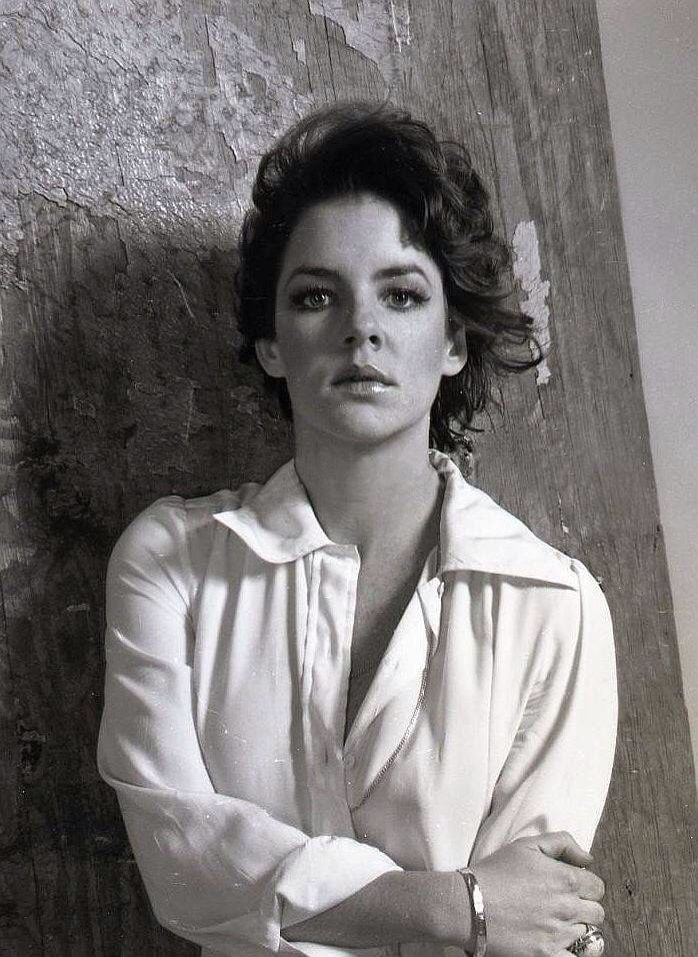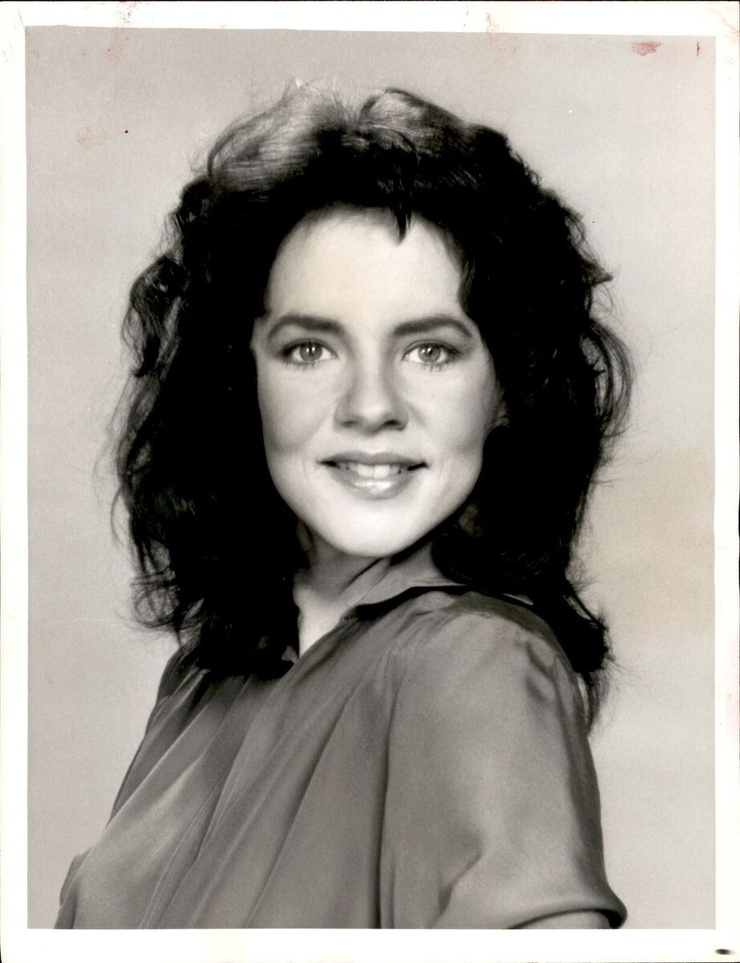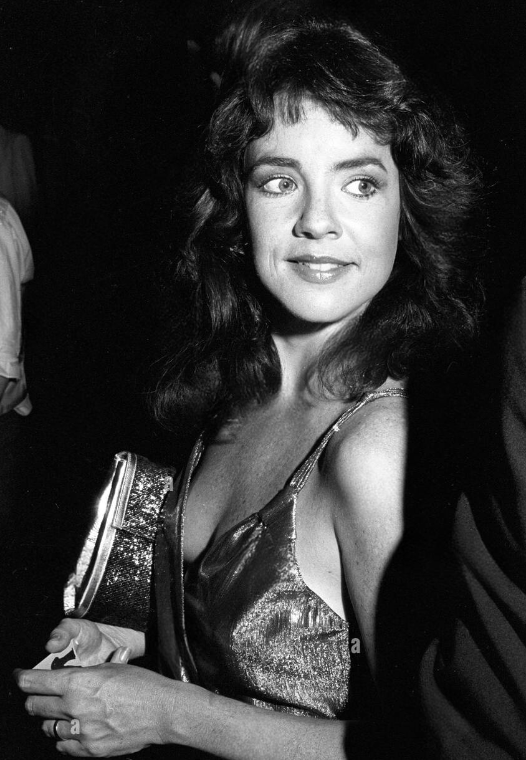A Screen Presence That Redefined Rebellion
Some actors simply play characters; others reshape how we think about those characters forever. Stockard Channing belongs to the second group. She never needed glittery scandal or shock value to capture attention—her magnetism comes from an effortless mix of wit, intellect, and simmering intensity. Long before “anti-hero” became a fashionable label, she made audiences fall in love with a woman who could be sharp-tongued, independent, and vulnerable all at once. Whether you first met her as the unforgettable Rizzo in Grease or discovered her later as the commanding First Lady in The West Wing, Channing proves that true “bad girls” are not rebels without cause, but complex women with something vital to say.

From Upper East Side Beginnings to Harvard Halls
Born Susan Antonia Williams Stockard on February 13, 1944, in New York City, she grew up in a family that blended polish and grit. Her father, Lester, worked in shipping, and her mother, Mary Alice, came from a large Irish-Catholic family in Brooklyn. Tragedy struck when her father passed away while she was still a teenager, a loss that shaped her inner strength and independence.

Educated first at the elite Chapin School in Manhattan and then the Madeira School in Virginia, young Susan developed an early fascination with literature and theater. That curiosity took her to Radcliffe College—then the women’s counterpart of Harvard—where she graduated summa cum laude in history and literature in 1965. The intellectual discipline she honed there would later become one of her secret weapons as an actress. Early marriage to Walter Channing Jr. gave her the professional name she would carry into the spotlight: Stockard Channing.
Video : Stockard Channing Pictures
Broadway: The Crucible of a Performer
After college, Channing stepped directly into the world of live theater, where an actor cannot hide behind camera edits. She began in off-Broadway productions during the late 1960s, cultivating the smoky voice and piercing gaze that would become her signature. The stage quickly recognized her gifts: by the early 1970s she was appearing in challenging plays such as A Day in the Death of Joe Egg and Six Degrees of Separation.

Her commitment to the craft paid off in a career that has earned eight Tony Award nominations and a win for Best Actress in A Day in the Death of Joe Egg. Critics and audiences alike have praised her ability to bring humor, pain, and humanity into even the most difficult roles. Whether in classics like The Lion in Winter or modern dramas such as Apologia, Channing commands the stage with a presence that feels both electric and deeply authentic.

Breaking Into Film With Unforgettable Characters
Hollywood soon came calling, and Channing brought the same fearless energy to the big screen. Her breakout role came in 1978 with Grease, where she portrayed Betty Rizzo—the tough yet tender leader of the Pink Ladies. At 34, playing a high-school rebel could have seemed like a stretch, but Channing’s performance made Rizzo timeless. Her rendition of “There Are Worse Things I Could Do” remains one of the film’s emotional high points, revealing layers of vulnerability beneath the swagger.